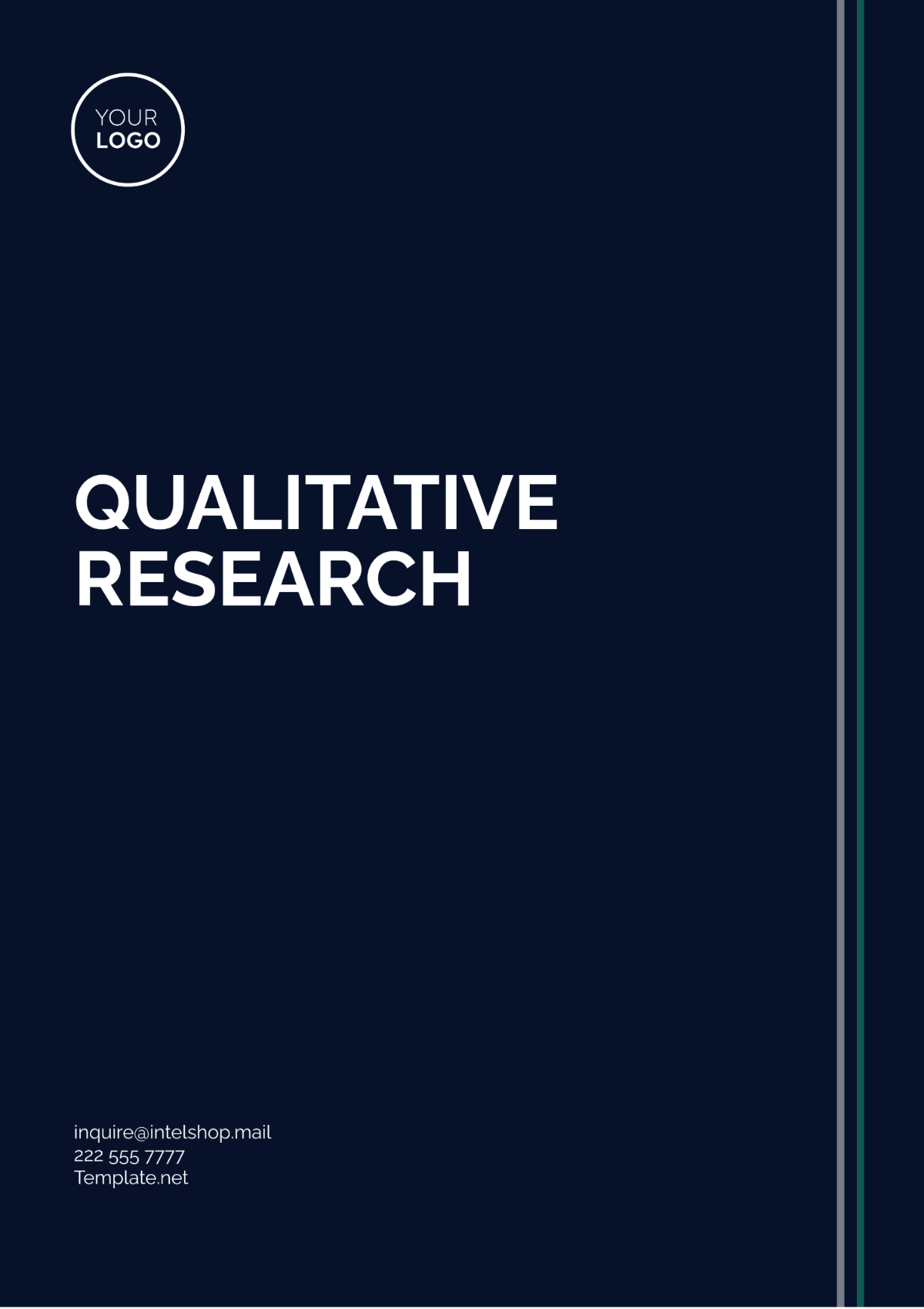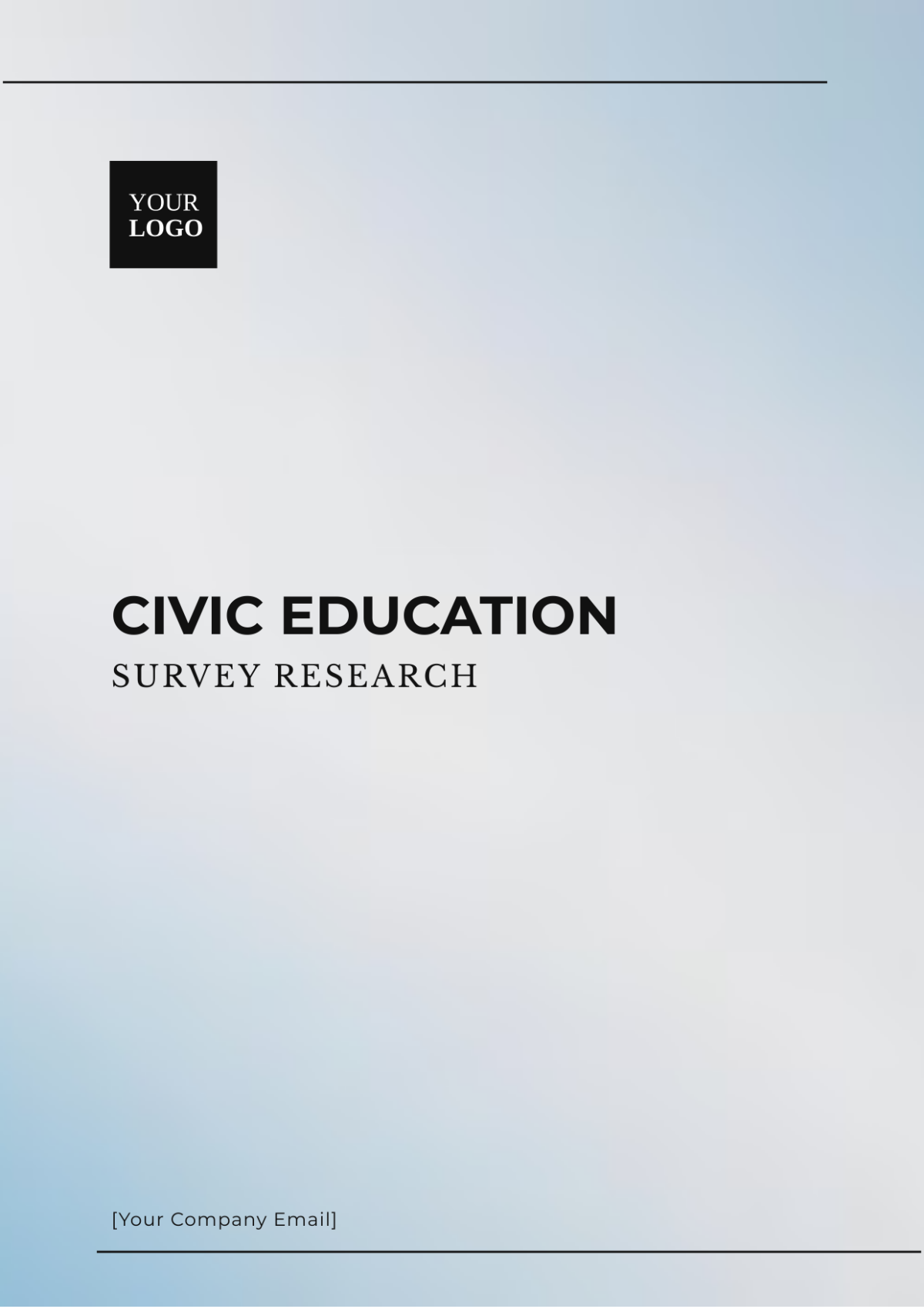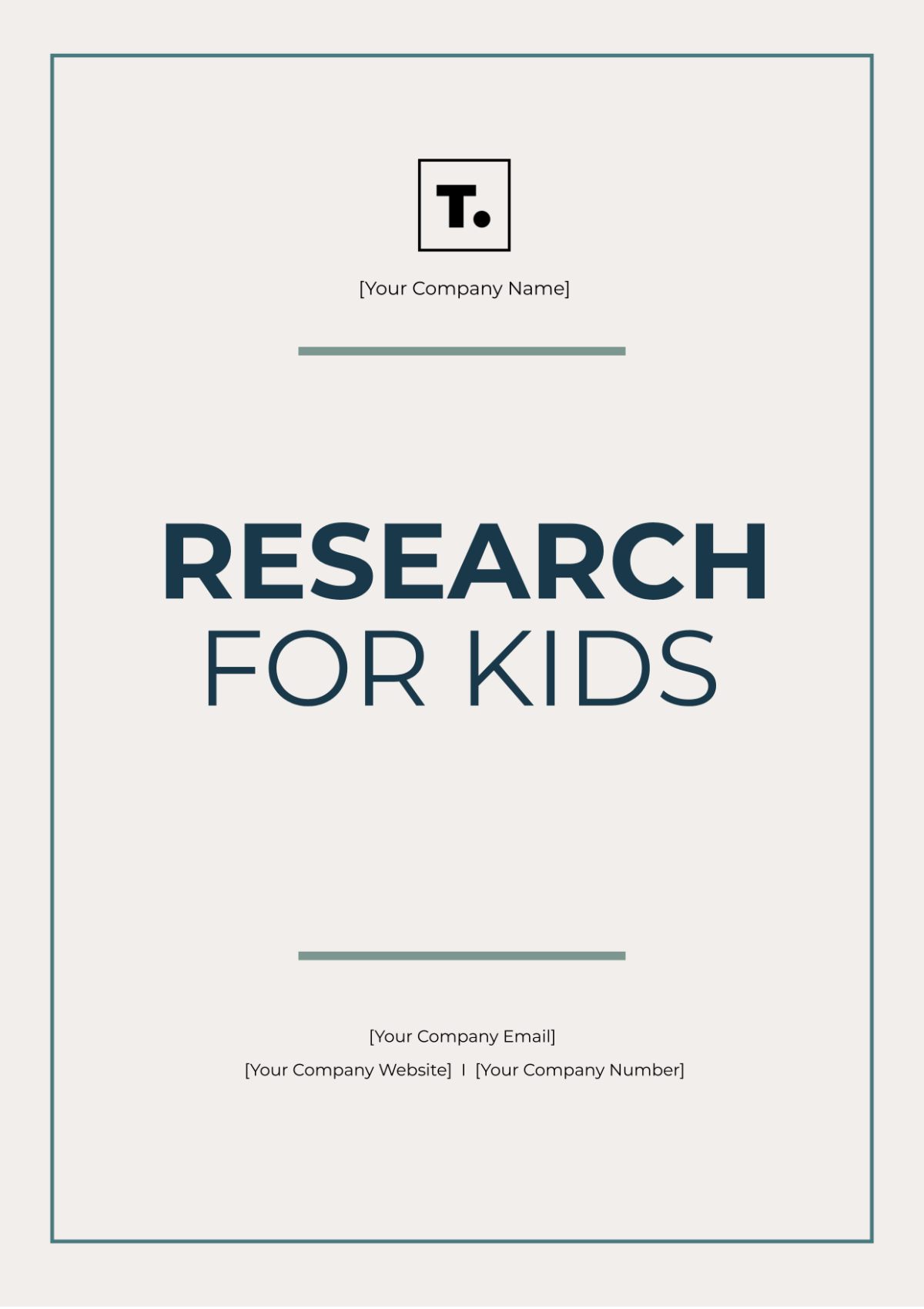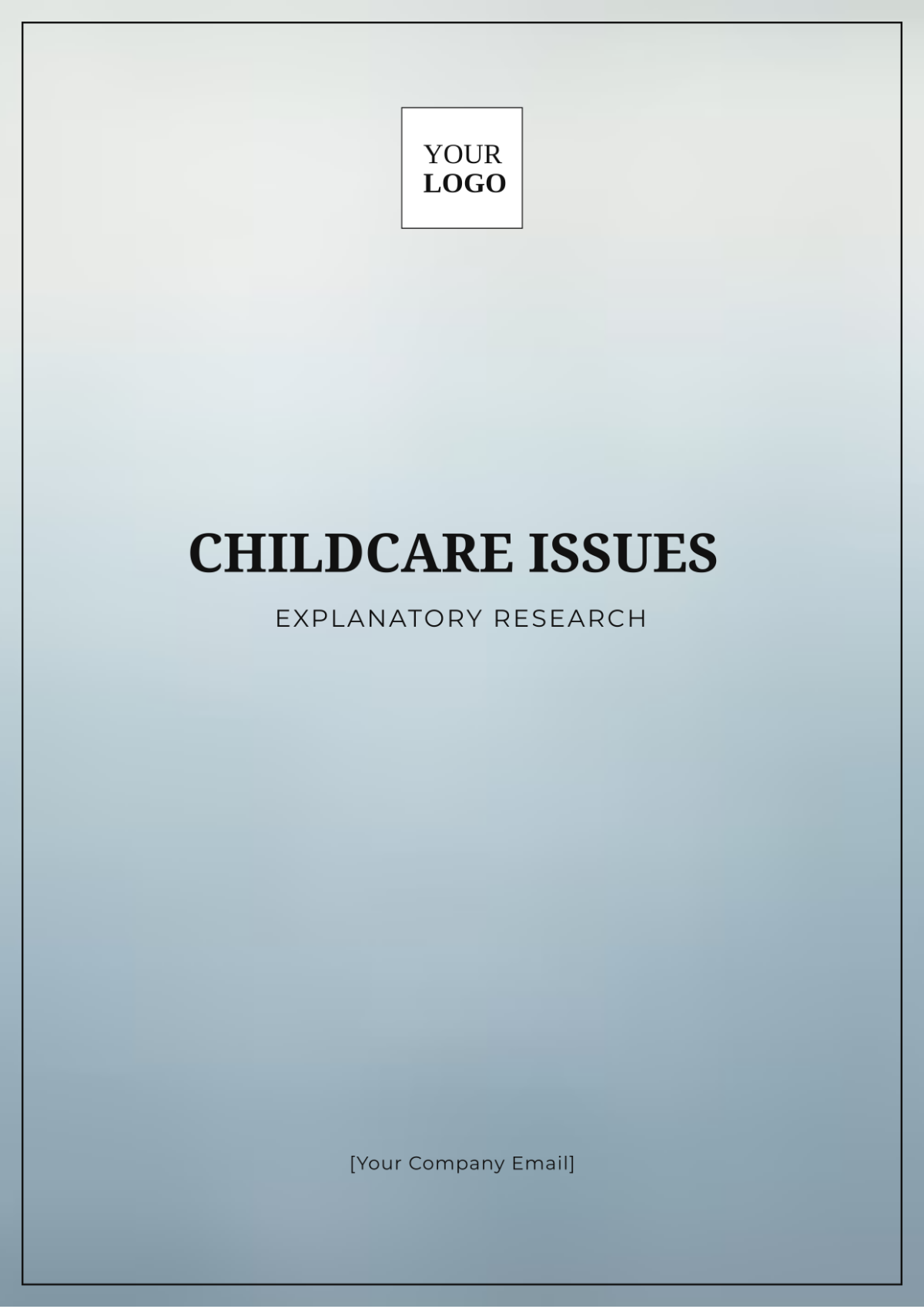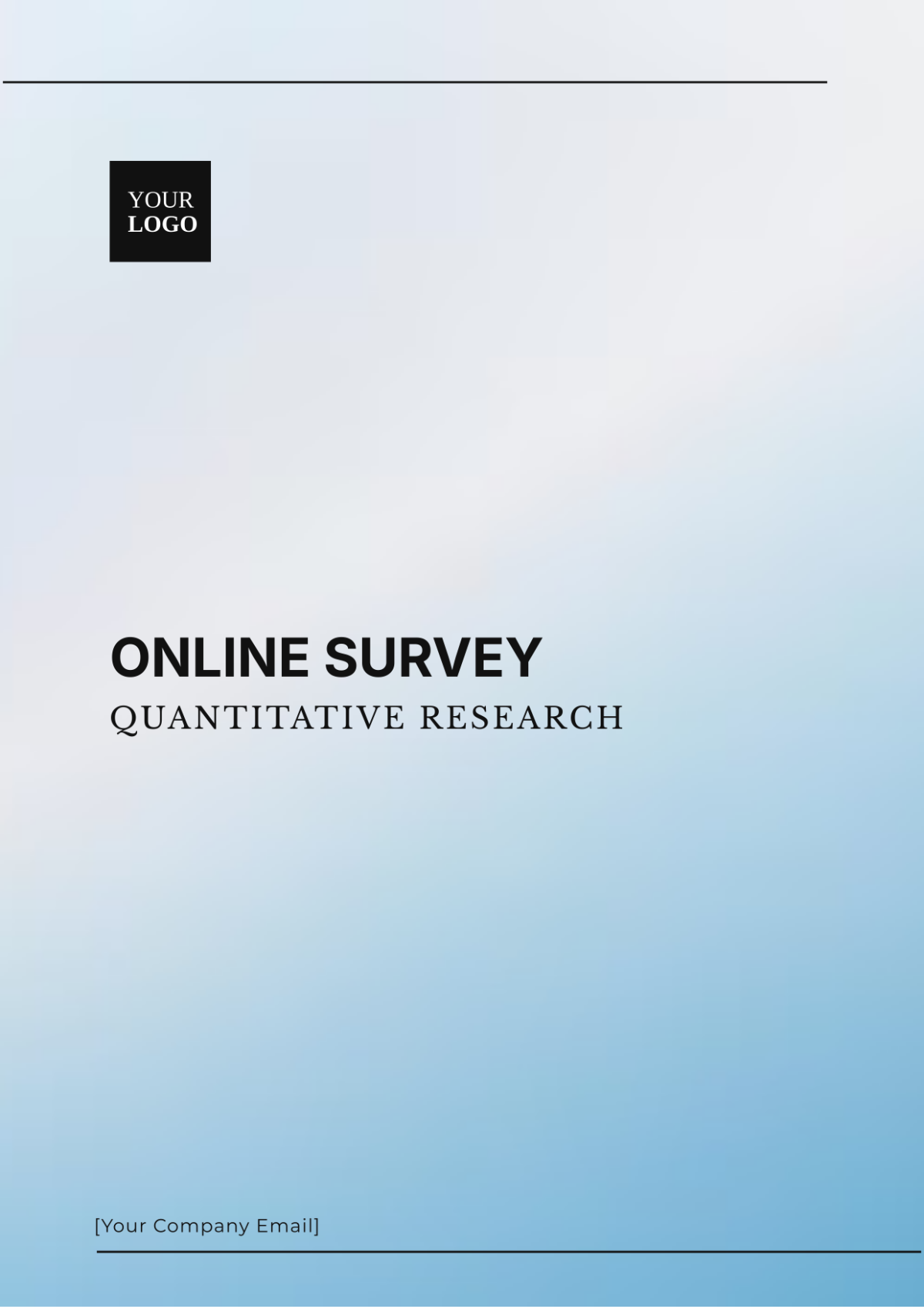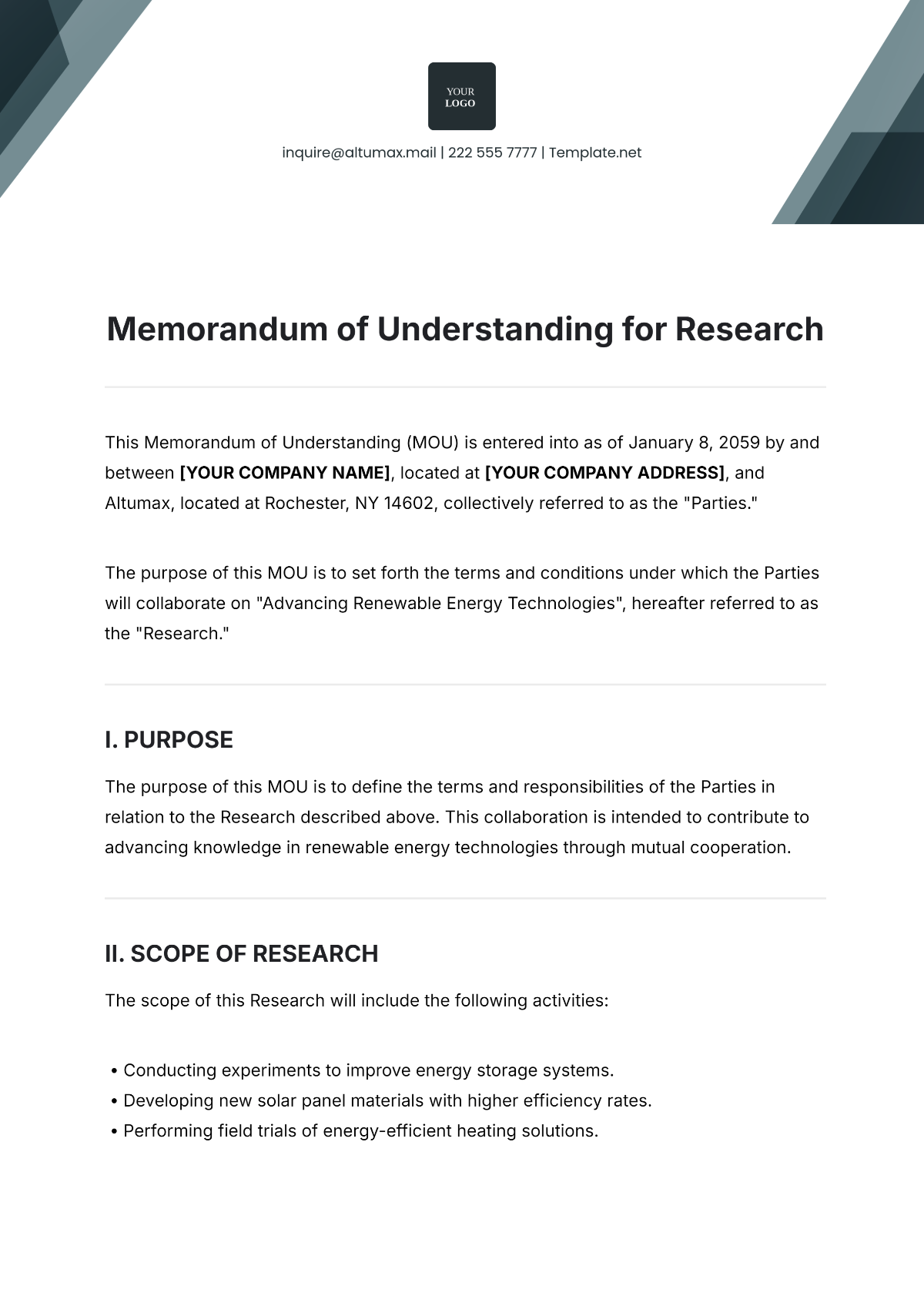Preliminary Results Qualitative Research
I. Introduction
Qualitative research is pivotal in uncovering underlying reasons, opinions, and motivations. While quantitative research provides statistical data, qualitative research delves deeper into the human experience. This document summarizes initial findings from qualitative research, offering a comprehensive overview of emerging trends, patterns, and themes. These preliminary results offer valuable insights that can guide further research and inform decision-making processes.
II. Research Methodology
The research methods employed in this study involved a range of qualitative data collection techniques. These included:
In-depth Interviews
Focus Groups
Participant Observations
Document Analysis
A diverse sample population was selected to ensure the robustness of the data. Participants hailed from various socio-economic backgrounds, genders, and age groups, enhancing the diversity and reliability of the findings.
III. Preliminary Findings
A. Emerging Trends
Several key trends have emerged from the initial analysis of the data:
Increased Reliance on Digital Communication: Participants reported a significant shift towards digital communication platforms for both personal and professional interactions.
Heightened Awareness of Mental Health: There is a growing consciousness around mental health issues, with many participants seeking therapy or counseling.
Shift in Work-Life Balance Perceptions: The traditional boundaries between work and personal life are becoming more fluid, influenced by remote working conditions.
B. Identified Patterns
Analysis of the responses revealed some consistent patterns across different demographics:
Demographic Group | Observed Pattern |
|---|---|
Youth (18-25 years) | High engagement with social media and online activism |
Middle-aged Adults (26-45 years) | Balancing work commitments with family responsibilities |
Seniors (46+ years) | Increasing use of telehealth services |
C. Recurring Themes
Three predominant themes have surfaced from the qualitative data:
Adaptation to Change: Participants frequently discussed their strategies for adapting to rapid changes in their environments, both personally and professionally.
Community Support: The role of the community, whether through local organizations or online networks, emerged as a critical factor in coping with challenges.
Resilience and Innovation: Many participants highlighted their resilience and innovative approaches to overcoming obstacles.
IV. Implications for Further Research
These preliminary findings suggest several avenues for further research:
Investigating the long-term impact of digital communication on interpersonal relationships.
Exploring strategies to support mental health outreach in diverse communities.
Assessing the effects of work-life balance shifts on productivity and personal well-being.
V. Conclusion
The initial insights from this qualitative research provide a valuable foundation for understanding contemporary social dynamics. While these results are preliminary, they offer a snapshot of significant trends, patterns, and themes that warrant deeper investigation. Future research should build on these findings to develop more nuanced understandings and practical solutions for the challenges identified.
VI. References
Please ensure to cite sources following the APA or MLA guidelines appropriately.
APA Style
References
Smith, J. A., & Jones, R. L. (2050). Understanding digital communication trends. Journal of Modern Communication, 12(4), 233-250.
Brown, L. K. (2050). The impact of remote work on work-life balance. Work-Life Review, 8(2), 102-118.
Doe, M. (2050). Mental health awareness and community support. Social Health Journal, 15(3), 87-96.
MLA Style
Works Cited
Smith, John A., and Robert L. Jones. Understanding Digital Communication Trends. Journal of Modern Communication, vol. 12, no. 4, 2050, pp. 233-250. doi:10.1234/jmc.2023.5678.
Brown, Laura K. The Impact of Remote Work on Work-Life Balance. Work-Life Review, vol. 8, no. 2, 2022, pp. 102-118. Accessed 9 Aug. 2050.
Doe, Mary. Mental Health Awareness and Community Support. Social Health Journal, vol. 15, no. 3, 2050, pp. 87-96.







